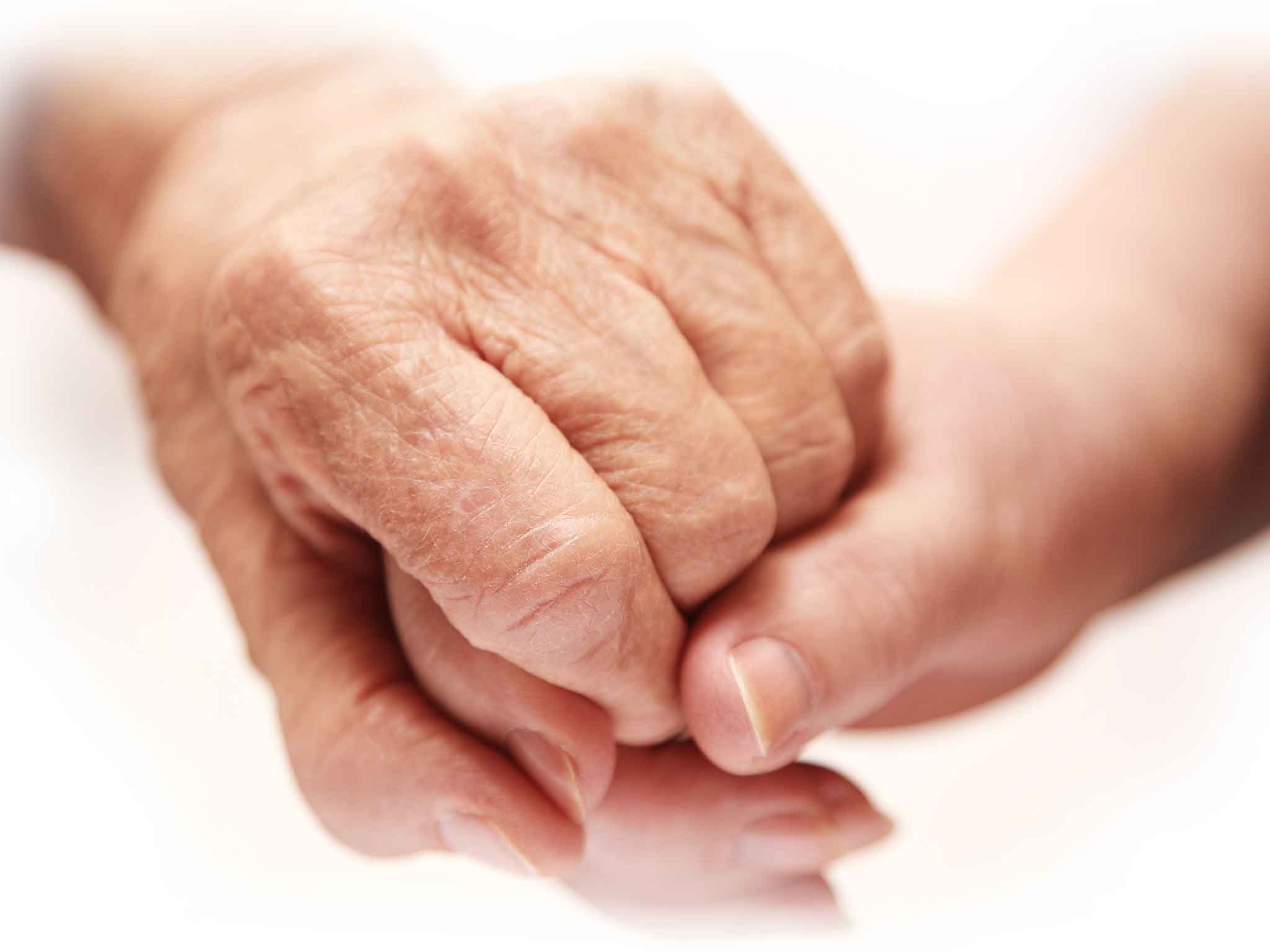Parkinson’s Disease and the Role of In-Home Care
When you have Parkinson’s disease, the brain cells that control movement become damaged. Parkinson’s often starts with only a slight tremor in one hand, but it progresses with different symptoms and rates in different people.
In-Home Care for Parkinson’s
At Preferred Care at Home, we help people who have Parkinson’s in a number of ways.
We encourage our clients to accept the disease as a part of their lives and take the recommended steps for living with it. We also urge clients to:
- Consult with a physical therapist to develop a program tailored to their needs
- Exercise consistently and regularly
- Eat a balanced, healthy diet
- Promote normal bowel elimination
As movement and mobility become more difficult, we can help ensure safety in the home through complimentary home-safety checks. By eliminating hazards and maintaining clear pathways, we can help reduce the risk of falls and other accidental injuries.
Download the Printable Brochure: Parkinson’s DiseaseSigns and Symptoms of Parkinson’s Disease
People who have Parkinson’s disease may experience:
- Tremors or trembling in the hands, arms, legs, jaw or face
- Rigidity causing muscle pain and stiffness
- Slowness of movement
- Difficulty with posture or poor balance
- Mask-like appearance
- Drooling
- Changes in speech
Parkinson’s disease is often accompanied by depression, trouble eating or swallowing, trouble sleeping at night, suddenly falling asleep during the day, and incontinence.While the earlier stages of Parkinson’s consist of shaking and other difficulties with movement, the later stages often lead to cognitive problems, with dementia being common.
Causes of Parkinson’s Disease
We don’t know what causes Parkinson’s, but there are several possible factors that could contribute to its development:
- Gene expression, either hereditary or from environmental exposure
- Head injury
- Nerve-tissue degeneration
- Poison or toxins from the environment
- Stroke
- Medications
Treatment for Parkinson’s Disease
Sadly, there is no cure for Parkinson’s Disease. However, steps such as taking certain medications, maintaining a healthy diet and participating in physical therapy can go a long way in helping control the symptoms. In certain situations your doctor may recommend surgery.
Learn More About In-Home Care for Parkinson’s
To learn more about how our reliable, compassionate caregivers can help, please contact us today to experience the Preferred Care at Home difference.
contact us today